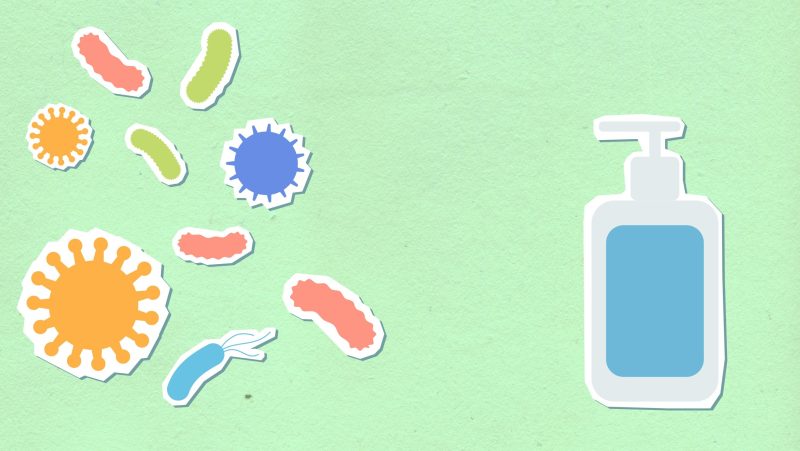
A Nutritionist's Guide to Sugar Alternatives
Unveiling the Truth Behind Sugar Substitutes - By Elizabeth Houston
Reading time: 3 minutes
FOR YEARS we’ve been led to believe that sweeteners are a healthier alternative to sugar, and in many instances they are. But with not too distant headlines about how Aspartame could be potentially harmful to health, we’ve been made to think twice about what ‘healthy’ really means when it comes to the sweet stuff.
Here’s the lowdown on sugar replacements and a quick look at what we can do to make life a little sweeter without compromising our health:
Let’s start with the one on everyone’s lips, hopefully not literally, Aspartame. It’s a sweetener that’s being talked about a lot. So, what is it and why’s it such a big deal?
You’ll find Aspartame in the production of food and drinks, far and wide. It’s been used to sweeten the likes of fizzy drinks and other sweet treats since the 1980s. Used in replacement of sugar, it gives a taste said to be a mega 200 times sweeter than sugar – with the additional benefit of it being a lot less calorific than sugar too.
So … If it’s so tasty and low on calories, why the bad press? Well firstly, Aspartame is totally artificial – that means it’s totally chemical-based and man-made, created in a lab. In fact, there’s nothing natural about it whatsoever. And this means that often, our bodies have a tough time recognising it in our system and consequently a tough time working out how to digest it too.
But the bad news doesn’t stop there. Aspartame consumption has also been linked to cancer, and just last year, was added to the WHO’s list of potentially carcinogenic ingredients. That IS mega. And whilst it’s been stipulated it might take a LOT of aspartame on a daily basis to really be a risk – the link is there. Not so appealing now, right?
KNOW YOUR SWEETENERS
Aspartame and other artificial, man-made sweeteners are everywhere – and often in seemingly ‘healthy’ looking products: from yoghurts to chewy vitamins, fruit juices to chewing gum. So, what’s the sensible solution from here for those sweet-toothed ‘treataholics’ amongst us?
Well we’re right to look for an alternative to sugar. It isn’t healthy and is something we should consume in moderation (if indeed at all), not least because of its high calorie content, addictive qualities and also the harm it can cause to our teeth and our health.
The good news is (insert drum roll), not all sweeteners are bad for you. It’s true. One such sweetener is Xylitol. A plant-based sweetener, Xylitol is the least scary kind of sweetener you can get. It is 100% natural, has 40% fewer calories than cane sugar, and the properties in it actively clean your teeth and your mouth, making it good for your smile too. It’s so good its use in chewing gum and sweets is even approved by dentists and the Oral Health Foundation. That really IS good. I recommend Peppersmith Mints* and Gum (from supermarkets and amazon.co.uk).
Other healthy sugar alternatives include Stevia, which is also plant-based and natural.
‘Not too bad for you’ sweeteners include the likes of Sorbitol, Mannitol, Maltitol, Isomalt and Lactitol. They are naturally-derived but sometimes they compromise the taste of a food or drink stuff, and they’ve been known to cause digestive issues.
Those that you really do need to give a wide berth, include, in addition to Aspartame, Acesulfame K, Saccharin and Sucralose.
So, what’s the secret to still being able to enjoy deliciously tasty, sweet treats in the future?
Look out for which sweeteners are in your food and drink in the first place; which ones are artificial and which ones are plant-based, and therefore better for you.
And know your good food brands from the bad; check out your fave products and see which brands use the good sweeteners, which use the bad, and which use none at all!
*commission earned from this link.





